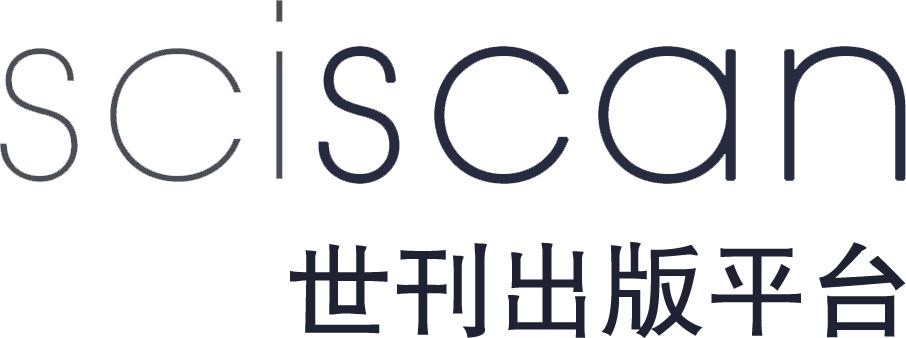A Bibliometric Analysis of Studies on English Interpretation Teaching in Mainland China Based on CiteSpace (2001-2021)
This paper employed CiteSpace to study the English interpretation teaching from 2001 to 2021 through bibliometric a...更多>>
国家社会科学基金项...
The Influence of Flow on Interpeting Quality
Flow refers to a state in which people are so involved in an activity that nothing else seems to matter, which is a...更多>>
The Discursive Construction of Trump’s Speeches Concerning Sino–US Trade
--
As the trade war escalates, relevant discourse studies should keep pace with it. This study applies Appraisal Theor...更多>>
VO-OV Mixed Word Order in Mandarin Chinese and Its Effects
--
This paper revisits the word order type of Mandarin with reference to the fifteen pairs of grammatical elements co...更多>>


















